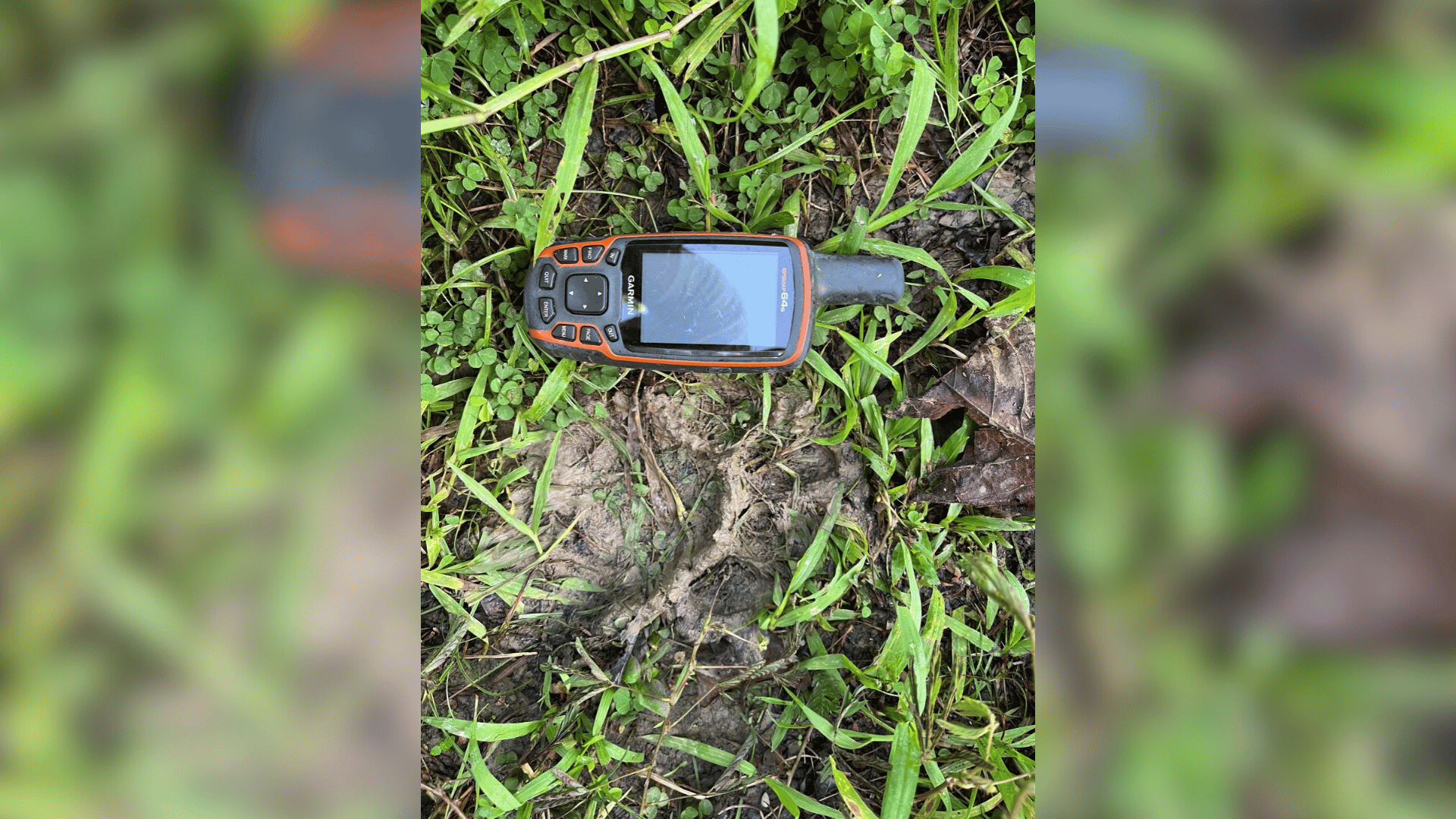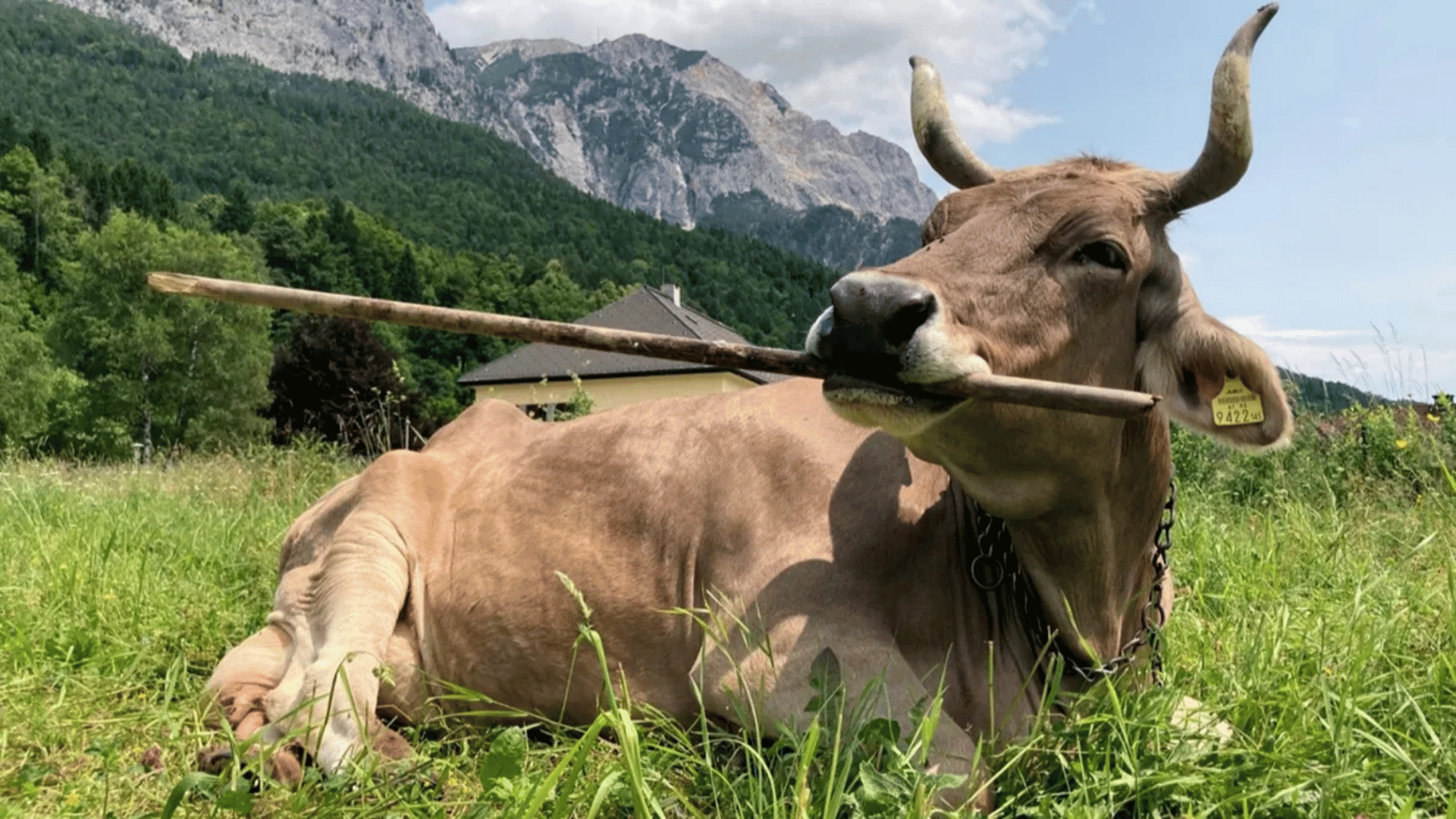Saving Nature, in collaboration with Indonesia’s Forum Konservasi Leuser (FKL), has announced a major expansion of its river corridor project within Sumatra’s Leuser Ecosystem, adding 26.4 acres of newly protected land. This brings the total safeguarded area to 1,478 acres, marking a crucial step in reconnecting fragmented habitats for endangered wildlife. The Leuser Ecosystem—home to the planet’s last wild populations of Sumatran tigers, elephants, rhinos, and orangutans—faces severe threats from deforestation and poaching. However, recent discoveries of tiger footprints near FKL’s field station signal a promising resurgence of wildlife as restored forest corridors begin to reestablish vital migration routes.
Saving Nature Expands River Corridor in Sumatra’s Leuser Ecosystem as Wildlife Returns
DURHAM, N.C., Oct. 14, 2025 /PRNewswire/ — Saving Nature, in partnership with Indonesia’s Forum Konservasi Leuser (FKL), announces the expansion of its river corridor project in Sumatra’s Leuser Ecosystem with the addition of 26.4 acres of newly protected land. This milestone brings the total restored and safeguarded area to 1,478 acres and marks a significant step forward in reconnecting critical forest habitats for endangered wildlife.

The river corridor is designed to reestablish elephant migration routes and restore connectivity between large forest blocks in the northeastern Leuser Ecosystem. By linking fragmented habitats, the project allows wildlife to move freely across the landscape, reduces human–wildlife conflict, and strengthens ecosystem resilience.
Spanning 2.6 million hectares, the Leuser Ecosystem is one of the most biodiverse rainforests on Earth, stretching from high-altitude cloud forests to coastal mangroves. It is the last place on the planet where Sumatran tigers, elephants, rhinos, and orangutans coexist in the wild. Yet, this extraordinary ecosystem faces growing threats from deforestation, poaching, and agricultural expansion, pushing species toward the brink of extinction.
In a promising sign of recovery, Sumatran tiger tracks were recently discovered near FKL’s Lokop field station, where local rangers monitor wildlife activity. This discovery signals that the corridor’s restored forest is beginning to reconnect fragmented habitats, allowing species to move more freely through the landscape.
To build on this momentum, Saving Nature is funding a new camera trap monitoring program to document the return of wildlife. The program will track tiger and elephant movements and capture the ongoing regeneration of forest habitat.
“Every footprint tells a story,” said Dr. Stuart Pimm, President of Saving Nature. “Seeing tiger tracks near our corridor is a reminder that when we restore forests, wildlife returns. Our work in Sumatra is proof that conservation delivers hope — not just for tigers, but for entire ecosystems.”
Since launching the project in 2018, Saving Nature and FKL have worked to connect a 5,500-hectare government-designated elephant conservation area with nearly 300,000 hectares of protected forest in the Leuser Ecosystem. The corridor enables wildlife to travel safely between these forest blocks, reducing human–wildlife conflict and ensuring the long-term survival of critically endangered species.
This press release is provided for informational purposes only. TomorrowsWorldToday.com is not responsible for the content, terms, or administration of Saving Nature’s promotions. Please refer to savingnature.com for the most accurate and up-to-date information. Tomorrow’s World Today may receive an affiliate commission if you purchase an independently reviewed product or service through a link on our website.







